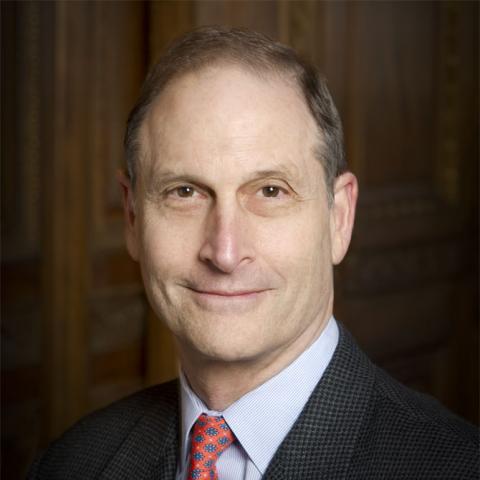Economist Thomas C. Schelling died on December 13 at age 95. His passing was hardly noted in the national media. After all, all he did was prevent the greatest imaginable human health catastrophe: nuclear war.
An exaggeration? Perhaps. But the recent contretemps over nuclear arms between President-elect Trump and Russian President Putin suggests how tenuous our nuclear equilibrium remains. As the creator of the concept of mutually assured destruction—the idea that the best way to prevent devastating war is to convince your adversary he won’t survive your annihilation—Schelling undoubtedly played a key role in preventing the Cold War from going hot. Nuclear powers have lived by this doctrine since the Soviet Union acquired nuclear weapons shortly after World War II. Based on his explorations of game theory and its implications for public policy, Schelling’s work on conflict avoidance was recognized with the 2005 Nobel Prize in economics.
I had the extraordinary privilege of having Tom Schelling as a professor at Harvard’s Kennedy School of Government when I was studying for a Master of Public Policy degree. At the time he taught introductory microeconomics. Calling himself an “errant economist,” Tom did not fill the blackboard (yes, the blackboard in those days) with equations, like his colleagues did. Instead, he talked—about endless variations on real-world situations that illustrated how human behavior motivated by perceived self-interest often results in unpredicted and sometimes problematic collective outcomes: pollution, traffic jams, overexploited natural resources, and segregated communities. He was in many ways a behavioral economist before the term became popular. And his work—logical, dispassionate, precise—graphically illustrated the full effects of individual choice.
Later, when I joined the Kennedy School Faculty, I had the further gift of experiencing Tom as a colleague. Despite his national eminence, he was unfailingly humble, available, and supportive of junior faculty. Thin and wiry, with thick glasses and a crew cut, he sometimes resembled a distracted army officer. But serious conversations often ended with a smile sneaking onto his already lined face as his marvelous intelligence unearthed some amusing implication of the topic at hand.
Tom’s work ranged widely. He believed that the best way to resolve conflict was to intimately understand your opponent’s viewpoint. He resisted seeing games as zero-sum. A longtime smoker who struggled mightily and successfully to quit, he became extremely interested in self-control and how to promote it. For a while, he worked on policy issues related to smoking cessation. Toward the end of his career, he began working on climate change.
Tom will be missed for many reasons, but at this juncture in our health care world, I can’t help thinking how, in his prime, he would have imagined solutions to the imbroglio in which we find ourselves. Proponents and opponents of the Affordable Care Act could have benefited greatly from Tom’s advice on how to find a constructive resolution to the conflict over repealing and replacing the Affordable Care Act. He might have helped us find a way out that actually leaves the American people better off.



